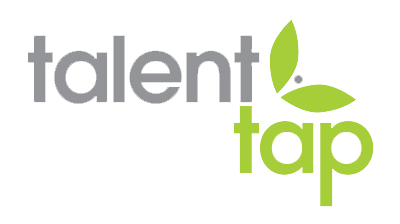Worth the Price Tag - Benefits of Health Insurance for Small Businesses
Alayna Christian
September 24, 2023

Owning a small business can be a wondrous and rewarding experience. But it does not come without its challenges. Many of them come down to budgets and finances. One way small companies tend to cut back on finances is by skipping out on providing their employees with health insurance options. This can be a critical mistake, however, as health insurance is a major motivating factor for talent at all experience levels today. And in today's competitive job market, attracting and retaining top talent is already challenging enough. Offering health insurance to your employees, even if it does come with a significant price tag, is a key strategy in ensuring that you stand out amongst the many employers your talent may be courting. But providing health insurance has numerous advantages for your small business beyond simply standing out. Let’s explore them below.
Improved Employee Morale and Productivity
When employees have access to healthcare, they are more likely to be physically and mentally healthy. This translates to reduced absenteeism, increased productivity, and a healthier and more positive work environment.
Legal Compliance
While small businesses are generally not required to offer health insurance, the rules and regulations regarding healthcare benefits can be complex. By providing health insurance, you can ensure your business is compliant with applicable laws and avoid potential legal issues down the road.
Tax Benefits
Small businesses may be eligible for tax benefits when offering health insurance to employees. Depending on your location and the size of your business, you may qualify for tax credits that can offset the cost of providing healthcare benefits. Check out this resource to find out if your business can qualify for the associated tax benefits.
Enhanced Employee Loyalty
Offering health benefits can foster a sense of loyalty among your employees. When workers feel that their employer cares about their well-being, they are more likely to remain loyal to the company and contribute to its success in the long run. And keep in mind, the cost of regularly losing employees (due to them seeking health insurance elsewhere, let’s say) is certainly more expensive than providing health insurance options from the start. Additionally, providing health insurance is a tangible way to demonstrate your appreciation for your employees, showing them that they are valued members of the team.
Competitive Advantage
Not only do you gain competitive advantage in the recruiting process, but offering health insurance can also give small businesses a competitive edge when bidding for contracts or partnerships. Some clients or collaborators may prefer to work with businesses that provide healthcare benefits to their employees, viewing it as a mark of stability and reliability.
In conclusion, providing health benefits to employees is not just a kind gesture; it's a strategic move that benefits both your small business and your workforce. It helps attract and retain top talent, enhances employee morale and productivity by creating a healthier workforce, ensures legal compliance, offers tax benefits, fosters loyalty and appreciation, and gives you a competitive advantage. While it entails costs, the long-term benefits far outweigh the initial investment. So, if you want your small business to thrive in today's competitive landscape, consider offering health benefits to your employees – it's a decision that pays off in more ways than one.
Share This Post!
Talent Tap Trends & Insights | Lancaster, PA



